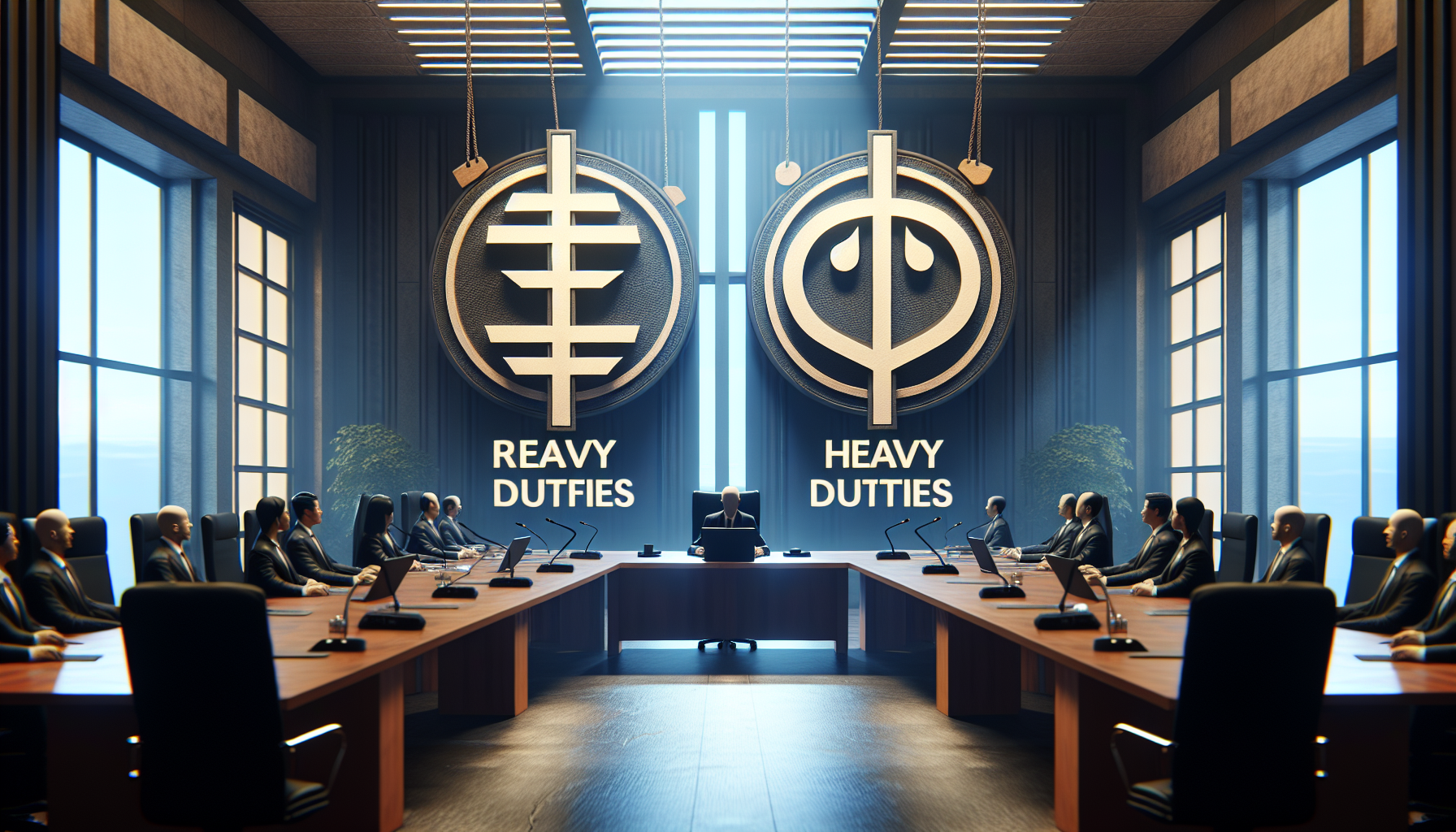
Last month, Suzanne Smith-Darley thought she snagged a deal on a used Chanel bag from Japan for $800 on eBay. Then, DHL slapped her with a $142 tariff fee. Welcome to the real world, where tariffs don’t care if your goods are new or used.
Trump’s tariffs have jacked up prices and cut down choices, catching many off guard. Some platforms like eBay and Vestiaire Collective are lobbying to exempt secondhand items from these duties, but don’t hold your breath. Exemptions would just open the floodgates for new items masquerading as used, adding more red tape for a government stretched thin by so-called “efficiency” measures.
Historically, tariffs on used imports aren’t new. They’ve been around since medieval times. But Trump’s tariffs are more expansive and pricier than we’ve seen before. Historians may call this unprecedented, but let’s face it, tariffs have always sparked debates on their benefits.
Trump claims these policies boost domestic manufacturing. That might work for new goods, but taxing used items that would otherwise end up in landfills? That’s a stretch. Maybe lower tariffs on used goods are more sensible, balancing risks to local manufacturing without stifling the secondhand market.
For some items, like niche collectibles, there’s no choice but to import. Circular economy advocates push the narrative that recycling goods is greener, even if they cross borders. Sure, but try convincing a government laser-focused on trade imbalances.
The secondhand market is booming, fueled by eco-conscious shoppers and the hunt for savings. Platforms make it easier to buy used from around the globe. Earlier this year, eBay Japan reported a spike in sales of secondhand cameras, as buyers scrambled before tariffs kicked in. Around 40% of eBay’s sales now come from “pre-loved” items.
Previously, imports under $800 were tariff-free, a boon for sellers and fast-fashion giants like Temu and Shein. That exemption is gone for Chinese goods, leading to sticker shock. People dealing in luxury items above the threshold might not be fazed, but a blanket 10% tariff forces everyone to adapt.
Some, like Isaac Panzarella from Raleigh Vintage, are flying to Europe to hand-pick merchandise, suggesting a tariff exemption for items over 20 years old. He argues it wouldn’t hurt US jobs and might even create some. Historically, tariffs on used goods have sometimes helped the US economy, like in the 1800s when high tariffs on British military surplus protected local merchants.
Smith-Darley ended up paying the tariff for her Chanel bag, only to have DHL botch the delivery. Now her bag’s heading back to Japan, and her refund prospects are murky. This mess underscores how tariffs might be nudging US shoppers toward domestic goods. Platforms like Vestiaire Collective note a shift toward buying locally. Smith-Darley’s learned her lesson: buy American or prepare for a headache.


